Every musical movement in history is built upon myths and pioneers, and sometimes upon failure and disappointment. Better known as FCom, the Paris-based label F Communications can boast at having been a driving force behind the explosion of electro music in the 90s. It also contributed to the liberation and development of French music production, and its influence abroad. For young French people like myself, who grew up with Anglo-Saxon music and the embarrassment of all the music of our parents and big brothers, this was a moment to take pride in a scene that was truly ours – a bit like when our footballers brought home their first World Cup win some years later.
In 1991 Eric Morand, feeling rather cramped at the record label where he worked as an artistic director, decided to plunge into the world of electro by launching an entity within Fnac, a large French retailer of cultural products. It was then only natural that he suggested his friend, the DJ Laurent Garnier, release his first tracks there. The record sold well and house and techno were on the up and up, but productions from abroad were still only available in specialist record shops. So Morand decided to distribute wonders from overseas such as those on the Warp label, including LFO’s mythical first album, Frequencies. In the wake of Laurent Garnier’s first releases a whole generation of producers were hatched by this entity, including St Germain, Shazz, and Scan X. At the same time Morand and Garnier organised parties that would allow them to forge links between the emerging French scene and their Detroit heroes.
In 1994 the pair brought their work to fruition and founded their own, totally independent label, FCom. F, because F comes after the E of ecstasy, and they fought hard to counter all the clichés that came with rave culture at the time. It worked out nicely, F also being the first letter of France, and the label became the country’s greatest showcase.
The 14 years of FCom’s existence may seem short in business terms, but are in fact very long in the brave new world of electro music where seasons change extremely fast. Laurent Garnier enriched his first productions with the acid house he saw exploding in Manchester’s famous Haçienda where he DJ’d, mixing in a dash of his beloved Detroit techno and adding – of course – a French touch. The beginnings of FCom reflect the richness that inspired the clubbing lifestyle; the madness and the insouciance of the rave, the total overhaul of nightlife.
For FCom, as for everyone else, the viability of this type of music in album form posed a problem, whilst at the same time French electro music was mutating into numerous sub-genres: house, deep house, techno, electronica, trip-hop, electro-jazz… as avowed enthusiasts, Morand and Garnier signed and released the work of many artists – perhaps too many if one considers the overall quality of the work and the company’s means. Amongst its greatest successes the discography of the boss, Laurent Garnier, is right up there. His work embodies the evolution of electro music – born on an acid dancefloor, moving forwards toward something more melodic, sometimes searching for a live groove, and a tendency to lose the freshness it had at the start by maturing too fast.
Ludovic Navarre, aka St Germain (sadly, not all his tracks released under numerous pseudonyms – Deepside, Nuage, D.S. – are available on streaming platforms) first emerged at FCom before finding well-deserved success at Blue Note. Jean-Philippe Verdin aka Readymade FC was one of the greatest electronica artists made in France. FCom should also be proud of the surprise 1999 hit “Flat Beat” by Mr Oizo, thanks to a cult advert for a brand of jeans filmed by the artist’s alter ego, Quentin Dupieux. Discovered by Laurent Garnier some years before, he had directed the music videos for “Crispy Bacon” and “Flashback” before being signed to the label as an artist. His first album, Analog Worms Attack anticipated a crude and brutal wave of electro music, naturally leading him to persue a career on Ed Banger Records.
Whilst there are some things in its catalogue we like less than others, FCom remains linked to the excitement of an unprecedented musical era in France. Just a glimpse of their logo or the artwork on the centre of their vinyls is enough to provoke a little thill – and not only of nostalgia.
FCom closed its doors in the spring of 2008, collateral damage in the crisis of the record market and above all in that of electro music, as the scene was seeking to renew itself and move into adulthood. It is an age that, with great candor, Morand and Garnier have always refused. And I can’t say I blame them.

.jpg)
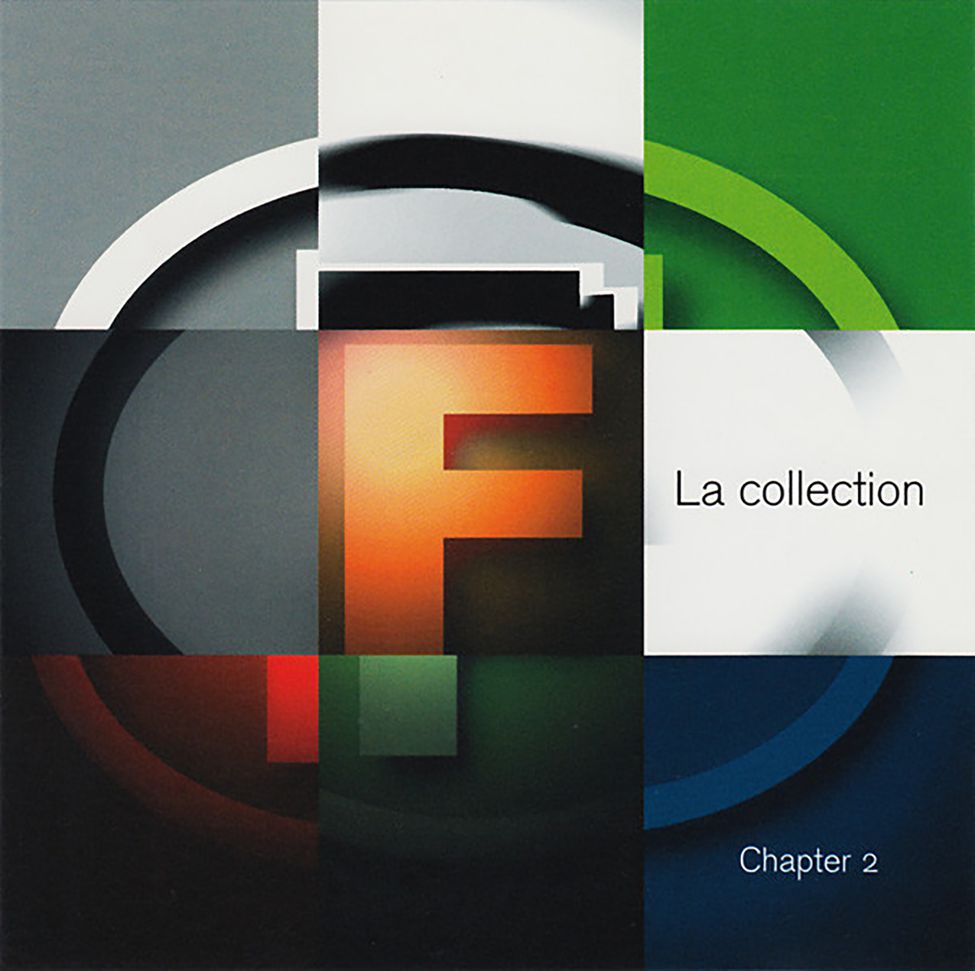
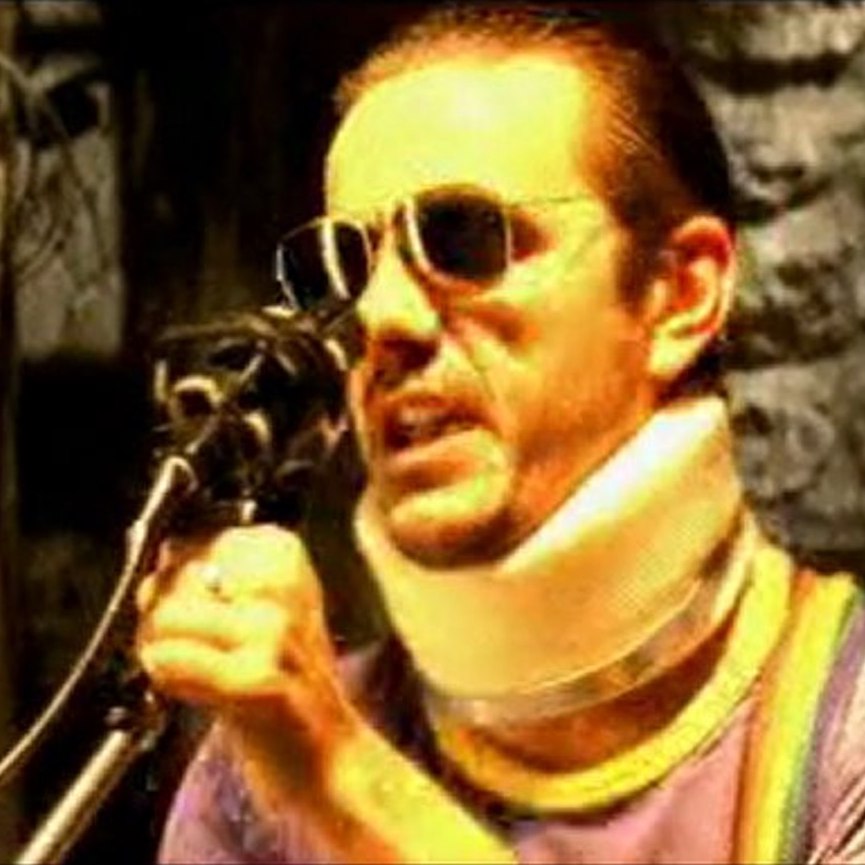

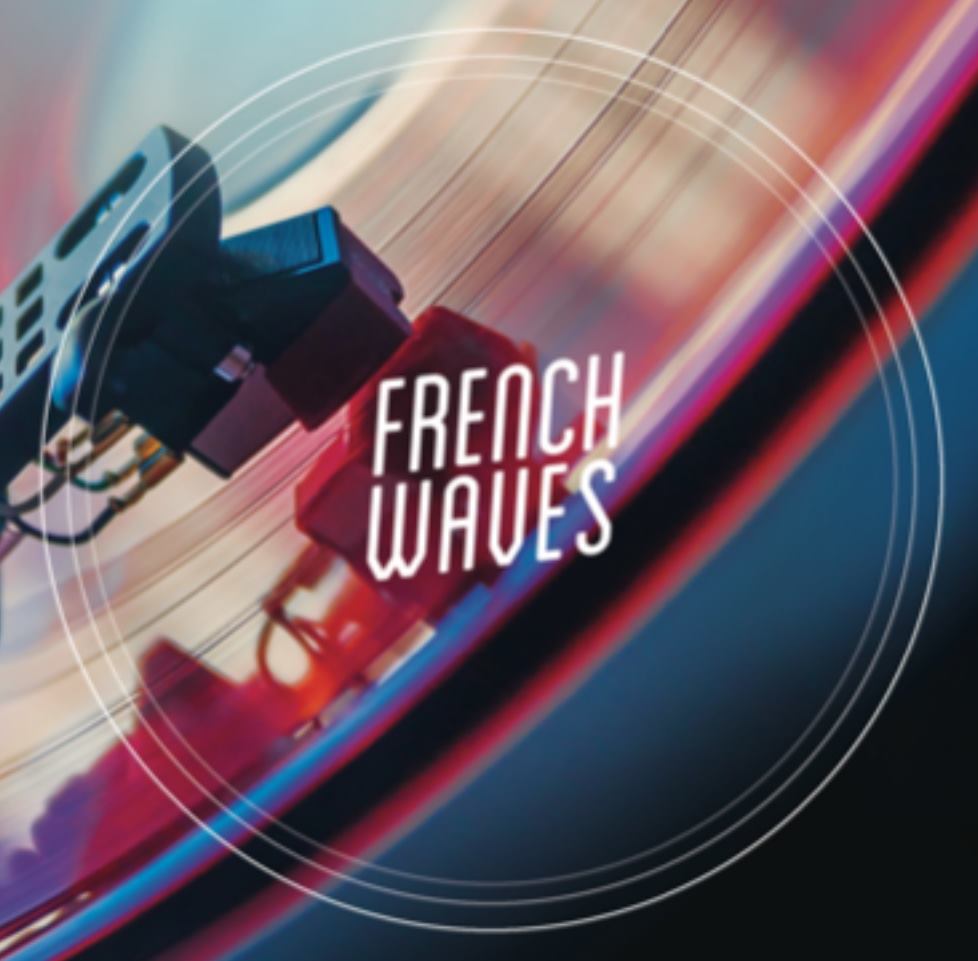
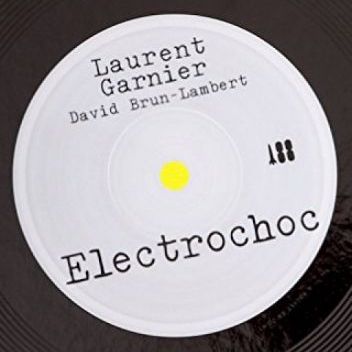
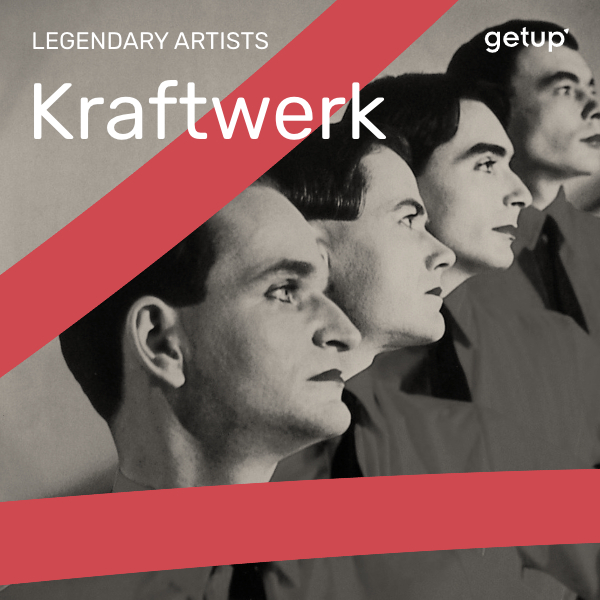


.jpg)